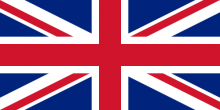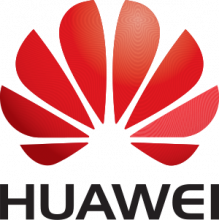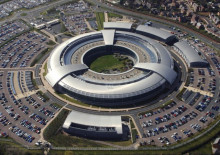19 year old student is crowned the UK Cyber Security champion
The UK has crowned its Cyber Security champion, Will Shackleton.
Shackleton, who is 19 and has already earned an internship at Facebook, beat 3,000 entrants and 41 fellow finalists to emerge at the top of the competition, according to organisers, and is a very worthy winner.
Naturally, he was happy to receive the gong for having cracked through a challenge set by BT, GCHQ, the National Crime Agency, Juniper Networks and Lockheed Martin.









































































